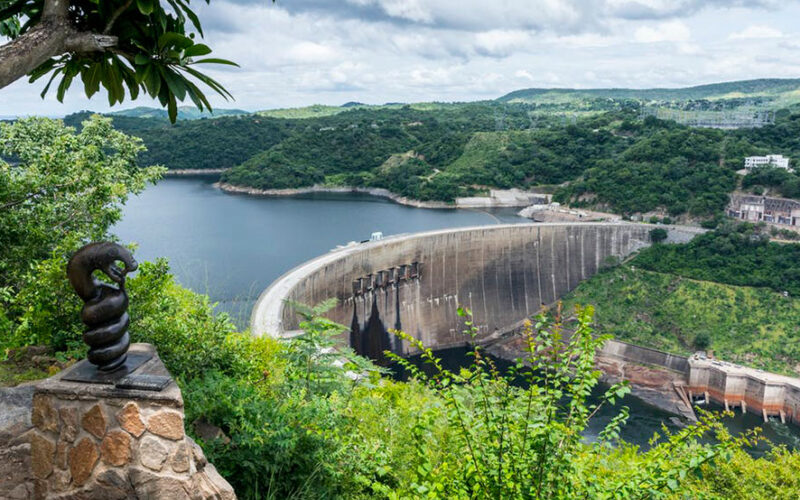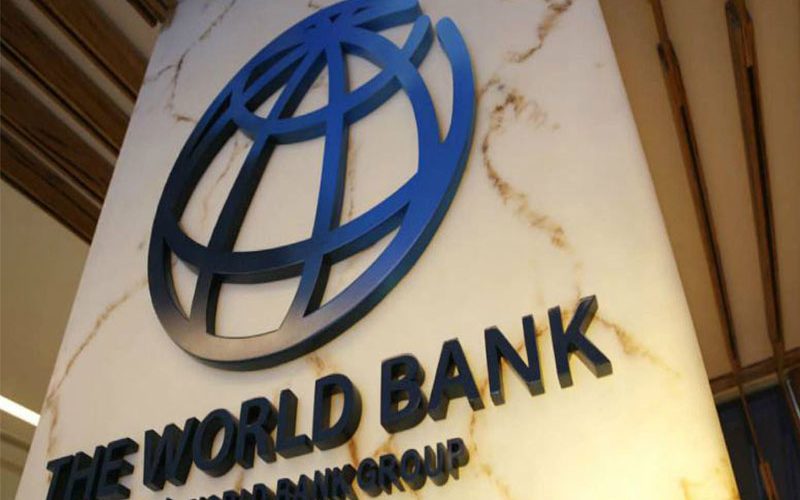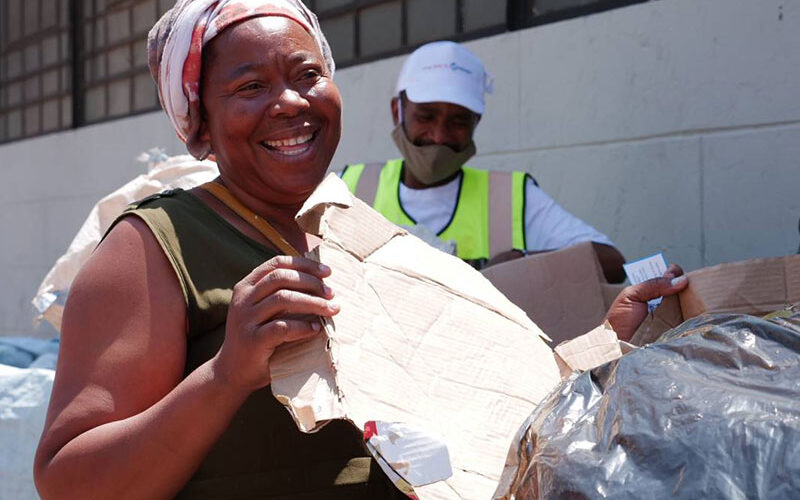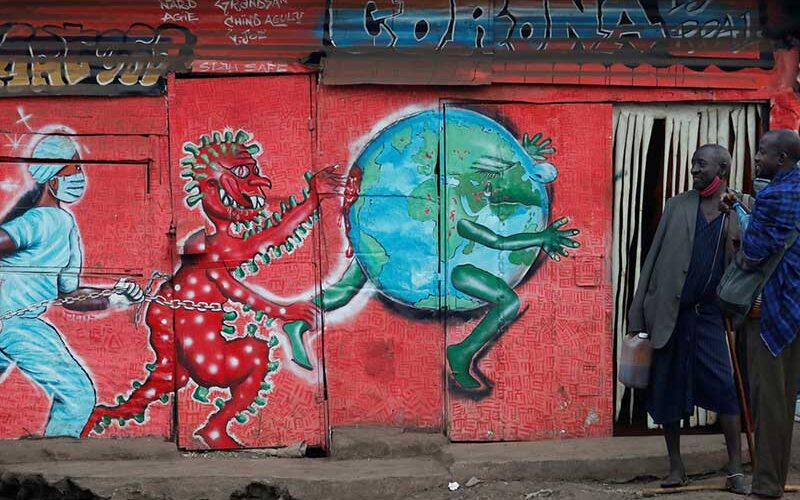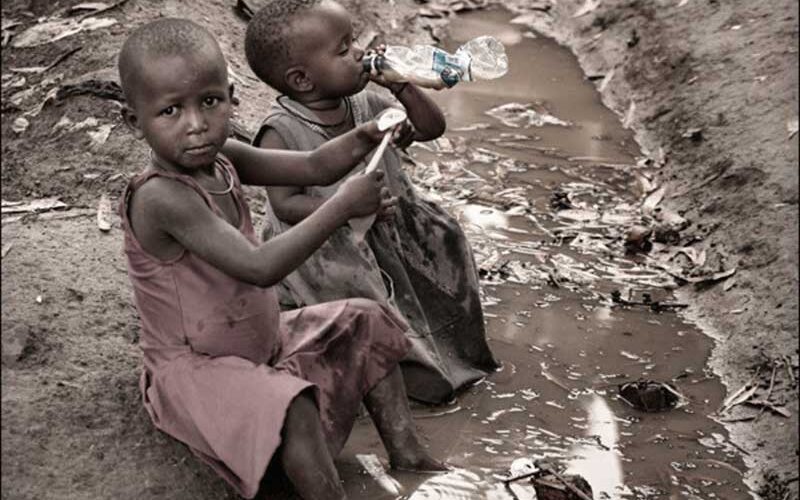‘Refugees in their own country’: Lebanon backs aid for 500,000 families
TIMOUR AZHARI LEBANON’S parliament has approved a $556 million cash injection for half a million families - the latest aid package for a population pauperised by an economy in collapse. The programme would provide up to $137 per family per month for a year and complements a $246-million World Bank loan for a basic social safety net that was approved by parliament in March but has not yet been disbursed. It aims, in part, to replace a subsidy programme for basics such as fuel and food that costs the cash-strapped state some $6 billion a year but could now be…

